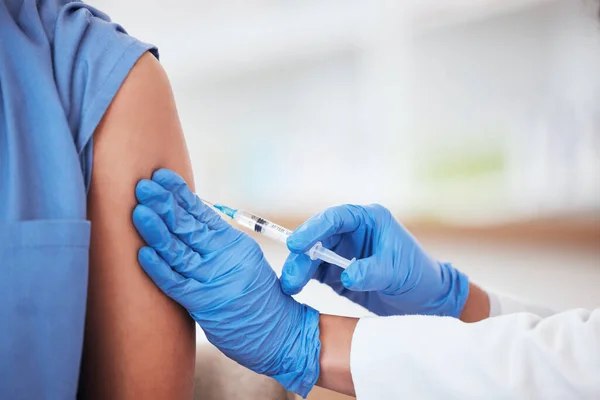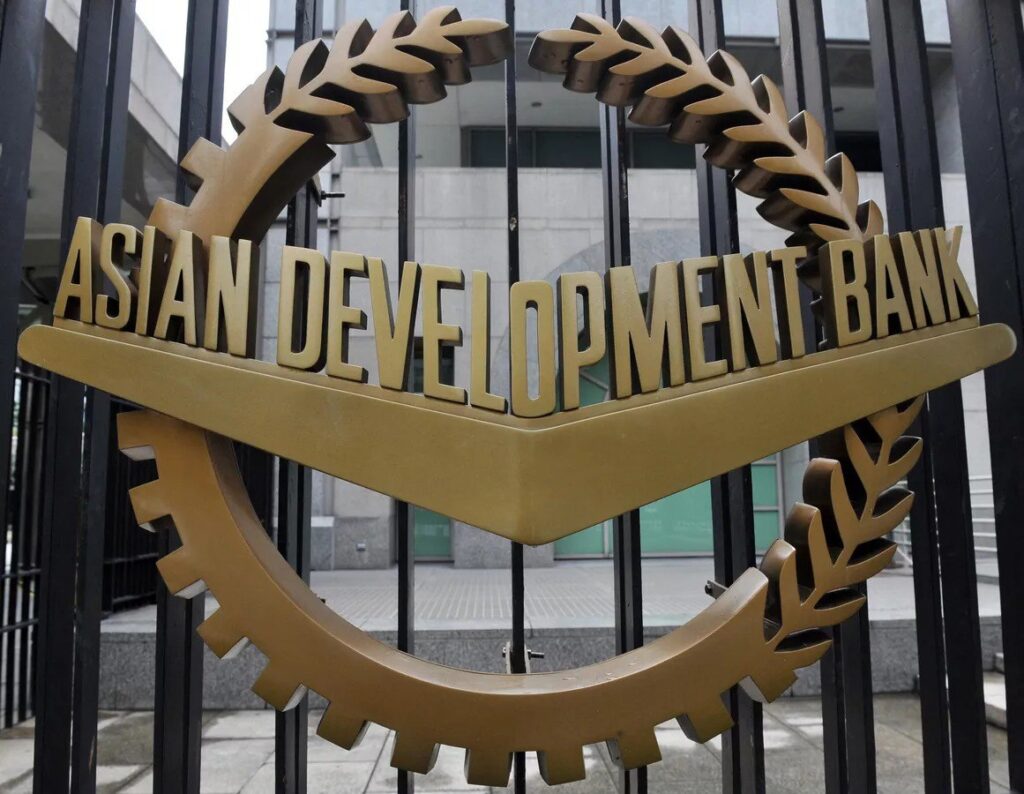Uzbekistan has adopted a law focused on the pharmaceutical industry, meaning that on July 1, 2024, the country will introduce the GVP (Good Pharmacovigilance Practice) standard already in place in the European Union (EU). GVP standards relate to monitoring the safety of, reducing the risks from, and increasing the benefits of medicines.
It will therefore become mandatory for wholesale medicine distributors to have certificates of compliance in the pharmaceutical industry. The law for chain pharmacies will come into effect in 2025, and for all other pharmacies from 2026. The law also tightens the rules for storing medicines in warehouses. Changes are also expected in the advertising of medicines, and from now on, the decision regarding any medicine’s advertisements on television will be made by the Ministry of Health.
Tougher measures for the pharmaceutical industry are rooted in the scandal caused by deaths from the “Doc-1 Max” cough syrup in 2023. In Uzbekistan, 69 children died and 18 were left disabled as a result of taking the medicine.
Uzbekistan ranks among the first in the world in the number of pharmacies per capita, most of which are small outlets on the first floors of residential buildings. The new law may lead to the closure of thousands of pharmacies which fail to meet the new standards, and is likely to lead to an increase in the price of medicines. Pharmacy operators are already subject to strict requirements regarding pharmacy equipment, staff qualifications, and drug storage.
According to the Agency for the Development of the Pharmaceutical Industry under the Ministry of Health of Uzbekistan, the number of pharmacies in the country reached almost 16,000 in 2022. The country’s pharmaceutical market is growing at a rate of 8-10% per year, making it one of the fastest growing in the Commonwealth of Independent States (CIS). Uzbekistan also has eight research institutes and centers, and the only plant in Central Asian specializing in the production of insulin.









